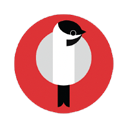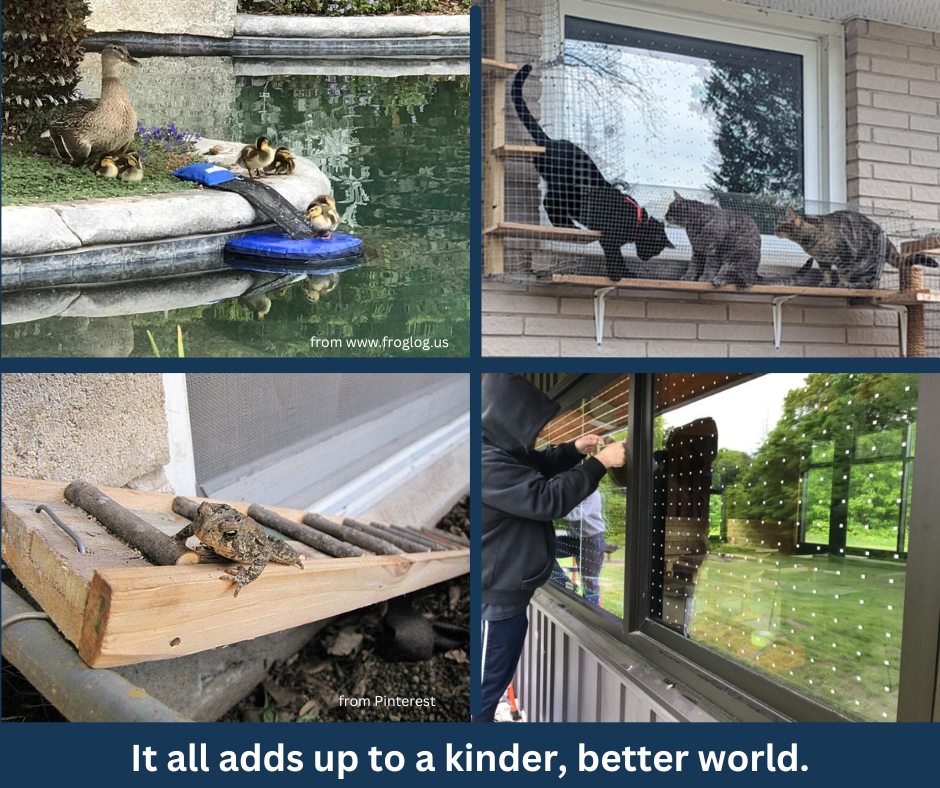There’s been a lot of attention on a situation that occurred last week in Kanata. A man provoked a goose to get out of its nest, located in a planter at a mall. A recently hatched gosling followed its parent, but then the man stomped on the gosling, killing it.
It’s a very sad and horrific situation, regardless of the man’s reasons or situation, and the police have addressed it. But that’s not what we want to address. We want to look at the attention and coverage this one situation received due to the violence that ended the gosling’s new life.
The human habitat we’ve created is full of danger for birds and other animals, yet it is their home as much as ours. There are swimming pools and canal locks that ducklings and gosling cannot escape, dying of drowning; window wells letting light into basements but trapping young birds, chipmunks and frogs who die of dehydration and starvation; cats who are allowed to roam and kill over 150 million birds annually in Canada along with mammals and reptiles; glass windows that reflect the safety of trees and sky to birds who fly into them with up to a estimated 42 million dying in Canada every year. These, too, are brutal deaths caused by humans. But for most of them, there is no witness, no video, no news coverage. There is only a small body that easily goes unseen.
The lack of attention does not mean these lives aren’t important.
On the contrary, they are, but we need to focus some attention on these situations. Just as most of us choose not to stomp on a newly hatched gosling, day-to-day we can also choose alternatives that are simple and safer for the animals living among us:
- Put a ramp or frog-log in your backyard pool
- Urge Parks Canada to make the Rideau Canal locks safer for baby birds, and contact Safe Wings if you see any stuck in the locks
- Insert a ramp or piece of wood in your window well so animals can climb out
- Keep your cat indoors, on a leash or get a catio
- Use bird-safe glass or install external markers on windows and glass balcony railings
To reverse our negative impacts on the environment and the resulting loss of biodiversity, we need to reduce preventable wildlife deaths. And every single one of us can have a positive impact – even for the potential victims we never hear about in the media.
Every little bit helps, everyone can help a little bit. It all adds up to a kinder, better world.





